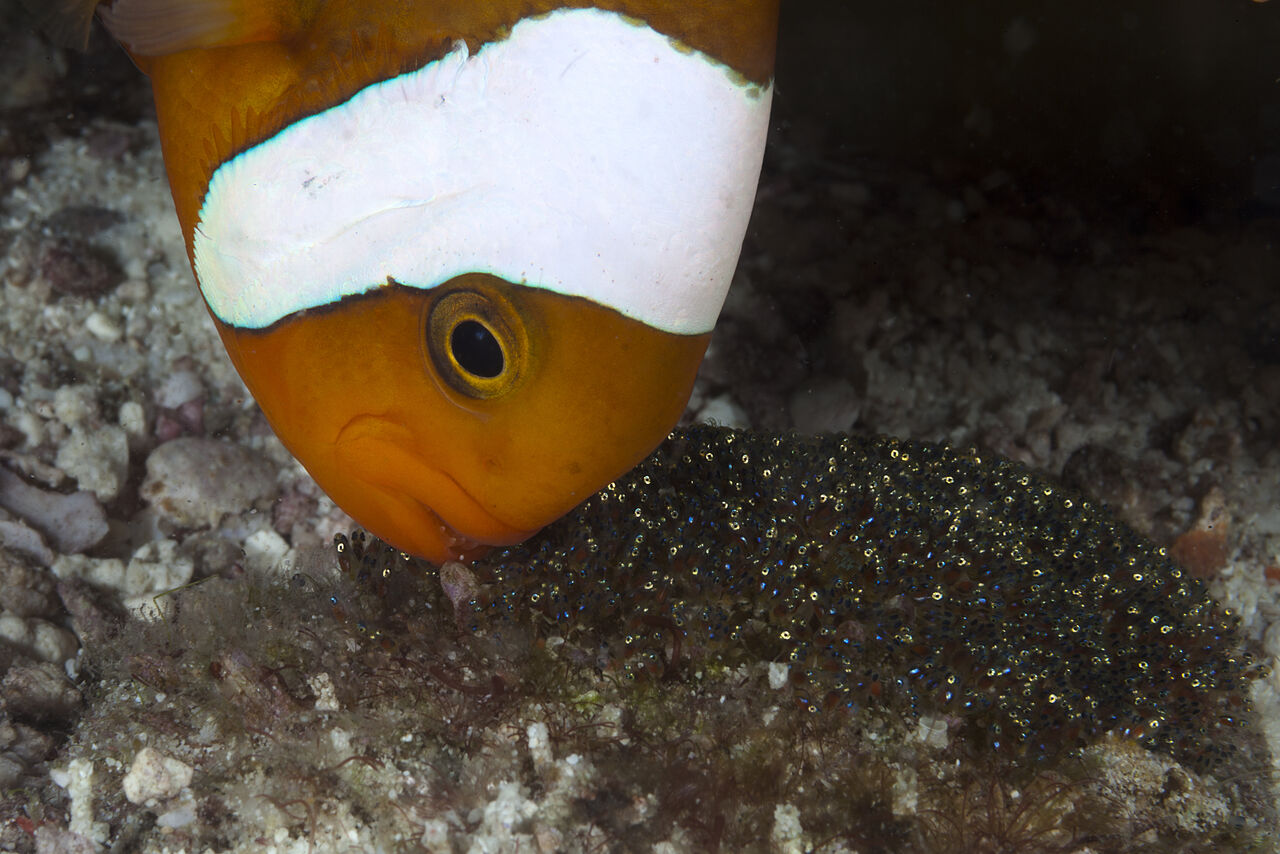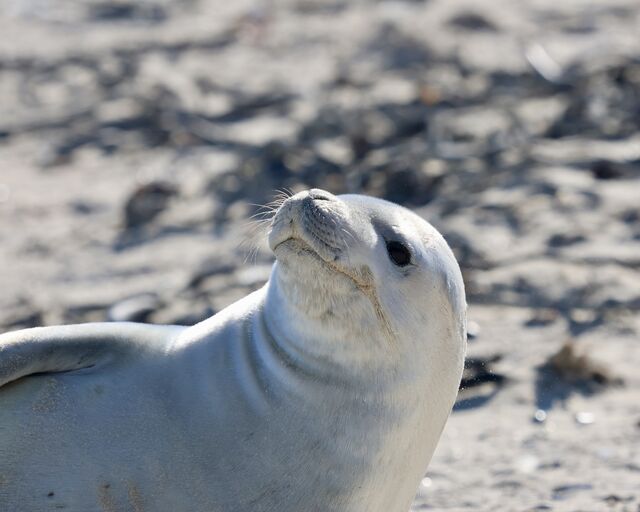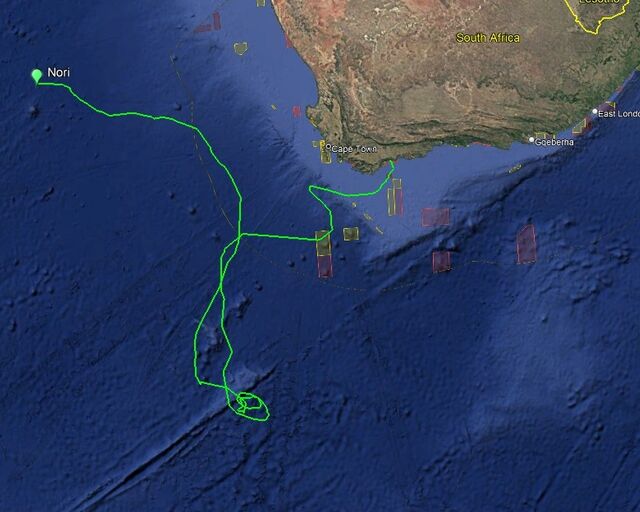Cover image: A panda clownfish tending to its eggs. Credit: Klaus Stiefel (CC BY-NC 2.0)
The ocean is vast, mysterious, and filled with animals of all shapes and sizes - yet, truly devoted fathers are surprisingly rare beneath the waves. Why? Well, being a dedicated dad in the ocean means giving up opportunities to have more offspring with other partners, often sacrificing food, safety, and sometimes even your life for your offspring. It's a tough life down there, but it's precisely these harsh conditions that have shaped some of the most remarkable fathers on Earth.
This Father's Day, let's dive deep and celebrate some of the ocean's most extraordinary dads:
(P.S. If you missed the Part 1 of this blog, find it here)
Clownfish (The house-husband)
Male clownfish mix things up, with most species reversing the differences we often see between the sexes in nature. While the female focuses on growing bigger and stronger to defend their anemone territory, male clownfish embraced the role of egg-carer.
Once the eggs have been laid, the female clownfish essentially “clocks out” and leaves dad to handle everything, rarely returning to help guard the eggs. For the next few weeks, the clownfish dad will meticulously fans the eggs with his fins to ensure proper water circulation, gently cleans each egg with his mouth, and vigilantly removes any threats, like fungus or parasites, from the eggs. Even more remarkably, if their anemone home becomes a threat to larva hatching from the eggs, male clownfish will actually attack the anemone in an attempt to bite off it’s tentacles or force them to retract.
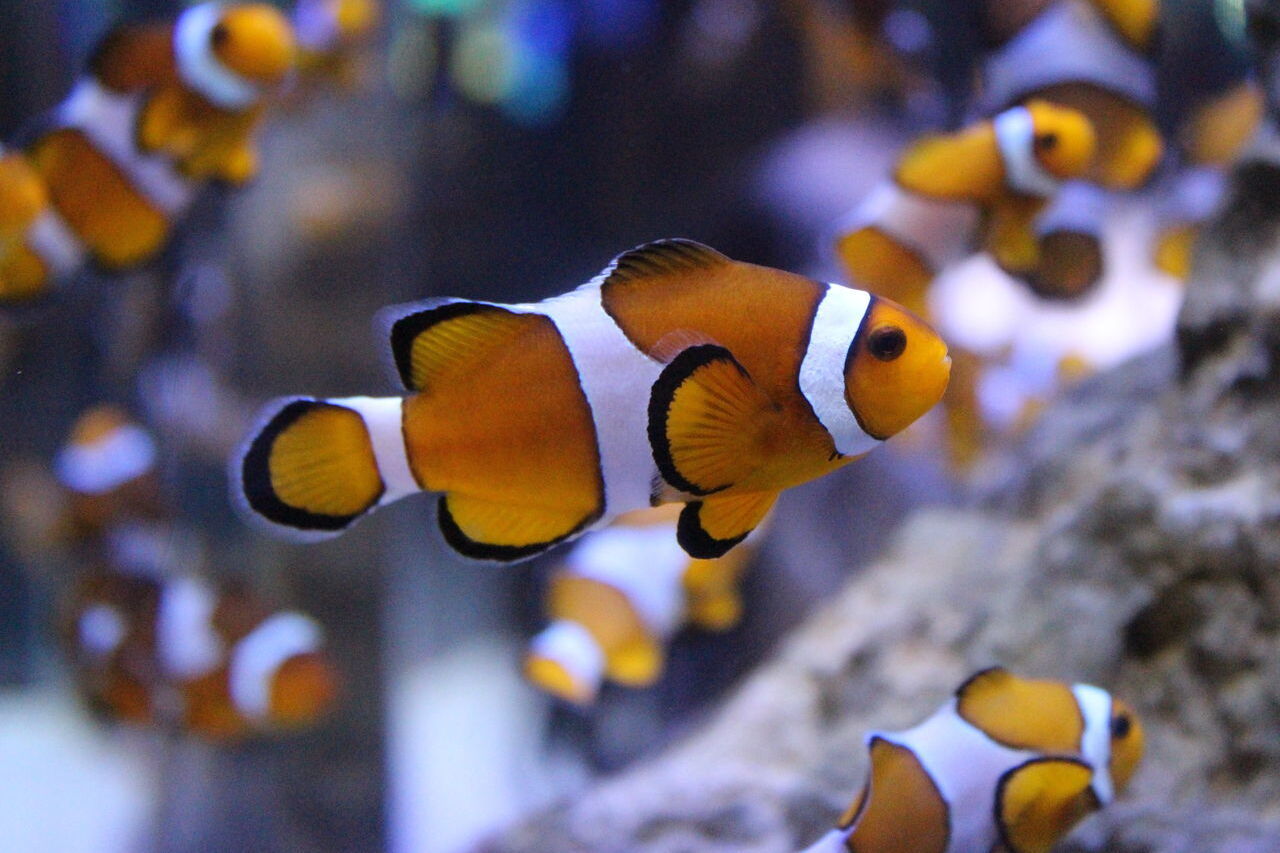
Sergeant major (The aggressive gardener)
The sergeant major is a small, but incredibly territorial damselfish found in our sub-tropical waters. Dads take nest defense to an entirely new level, proving that size definitely doesn't matter when you're protecting your family.
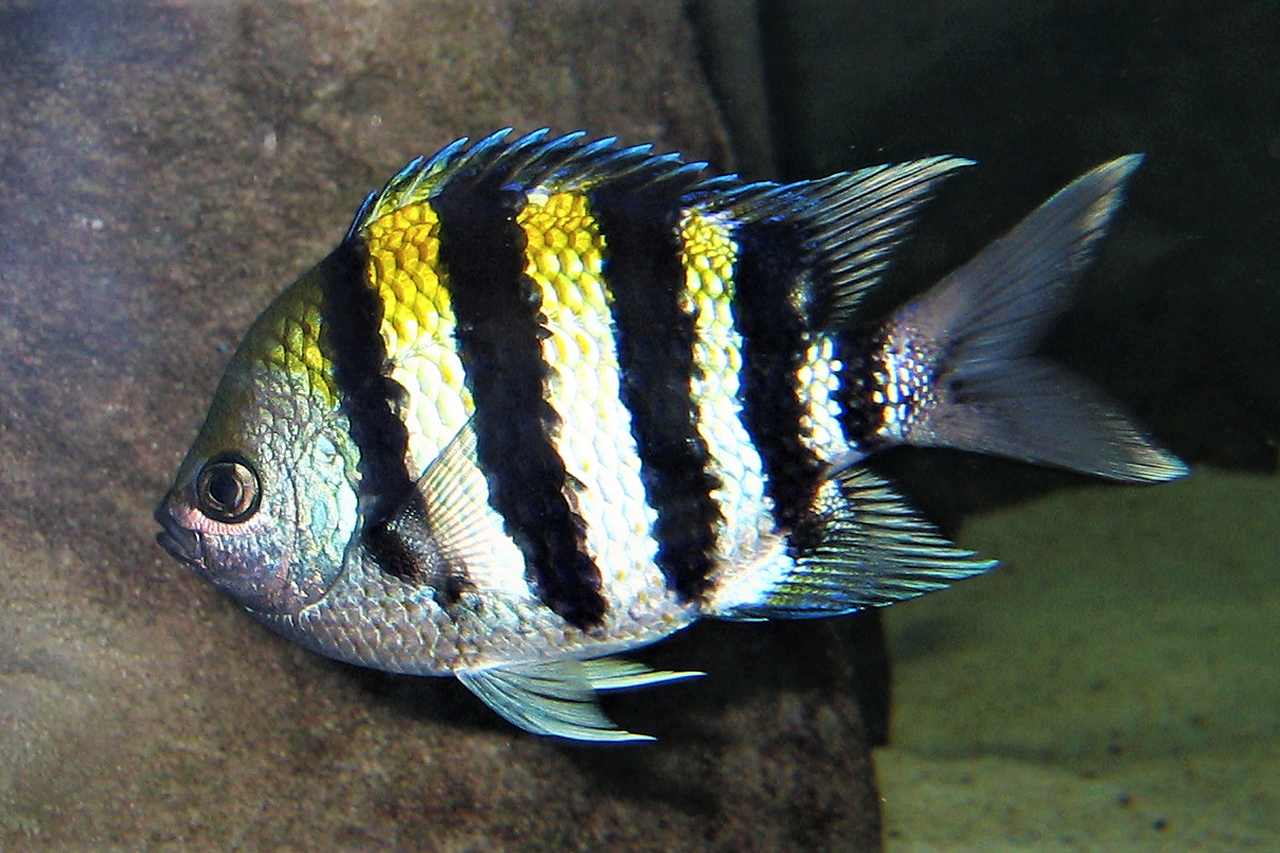
Male sergeant majors spend considerable time preparing their nursery sites, by moving rocks and cleaning coral surfaces. Once the mother sergeant major lays her eggs in this cleared space, dad changes colour to become bluer and transforms into one of the ocean's most aggressive security guards. Despite being only about 15cm long, these fearless fathers will defend their eggs from any predator, regardless of size. Divers, larger fish, even underwater cameras - nothing is too big to receive a headbutt when his offspring are at stake. During this week of defense, the dad fans the eggs constantly to keep them oxygenated and clean, all while maintaining his aggressive patrol.
Sea spiders (The living nursery)
Meet one of the ocean's most bizarre and devoted fathers - sea spiders, or pycnogonids, are ancient marine arthropods that have been around for over 500 million years (possibly making them the OG great dad). What makes sea spider dads truly extraordinary is their approach to childcare: They literally become living, walking nurseries.
The male sea spider carefully collects every single egg and attaches them to specialised egg-carrying legs called ovigers. For the next few weeks or even months, depending on the species, this devoted dad carries hundreds of developing embryos wherever he goes. The sea spider constantly grooms the eggs, cleaning them and ensuring they receive proper water circulation. He protects them from predators and environmental hazards, and remarkably, he continues this devoted care even after the tiny sea spiders hatch, until they can fend for themselves.
White sea catfish (The marathon mouth-brooder)
Here at the Two Oceans Aquarium, we have one of South African's most extraordinary ocean dads - the white sea catfish. The white sea catfish dad carefully collects every one of their roughly 50 eggs in his mouth and begins what is one of the longest fasts in the animal world. For three to four months, this dad carries his developing offspring in his mouth without taking so much as a single bite of food, and can lose over a third of his bodyweight in this time.
During this fast, the male constantly aerates the eggs by moving water through his mouth, keeps them clean, and protects them from. Even after the young catfish hatch, many fathers continue to provide their mouth as sanctuary until their offspring are strong enough to face the challenges of our coastal waters on their own.
Happy Father's Day!
From mouth-brooding catfish to piggy-backing sea spiders, the ocean's best dads prove that exceptional parenting comes in all shapes and sizes. Happy Father’s Day all!
